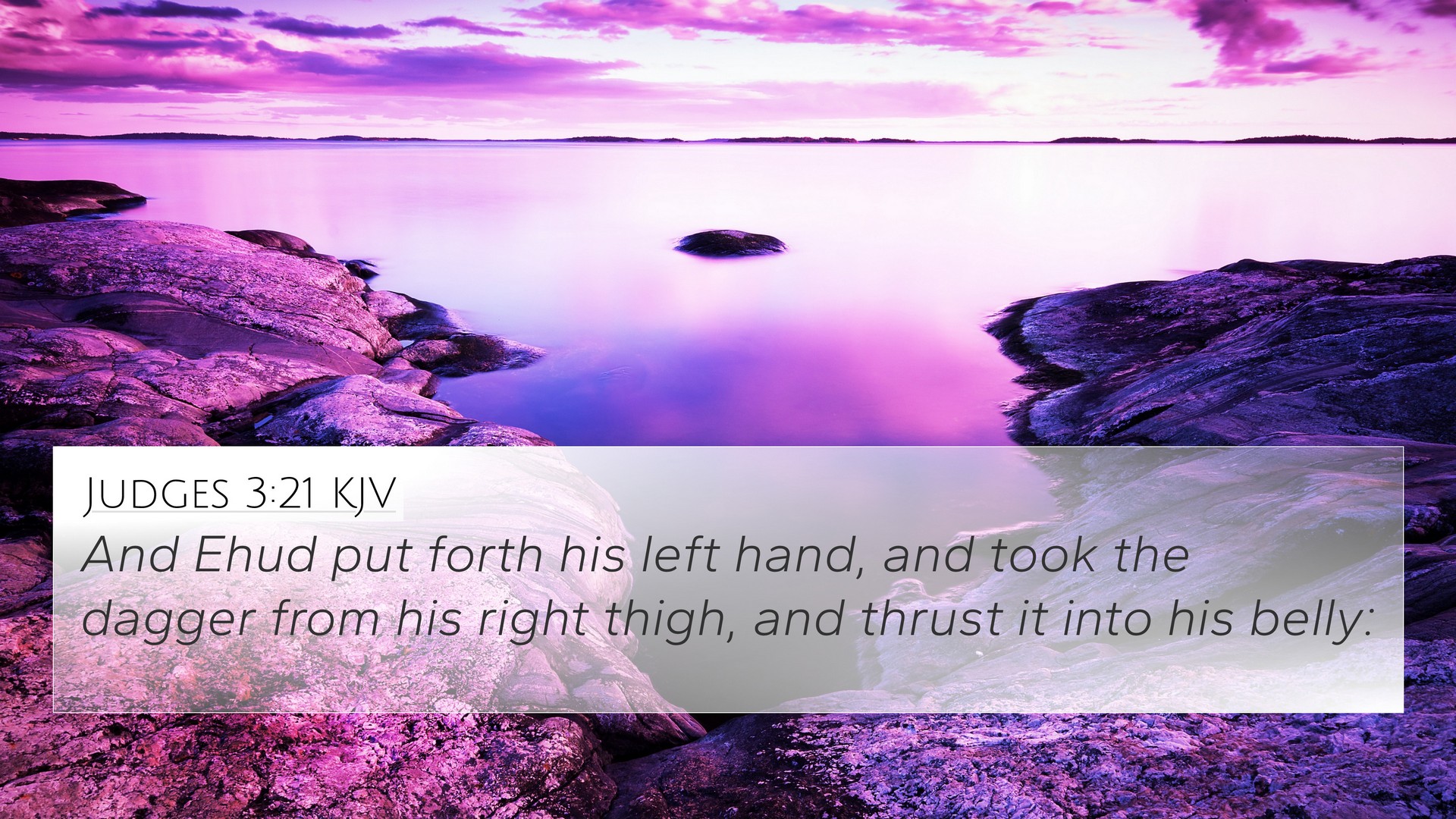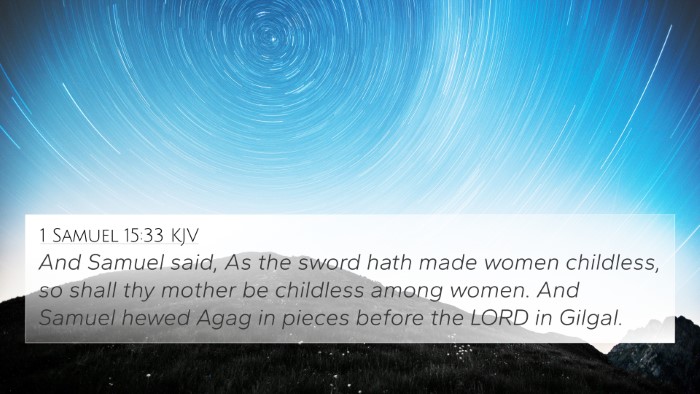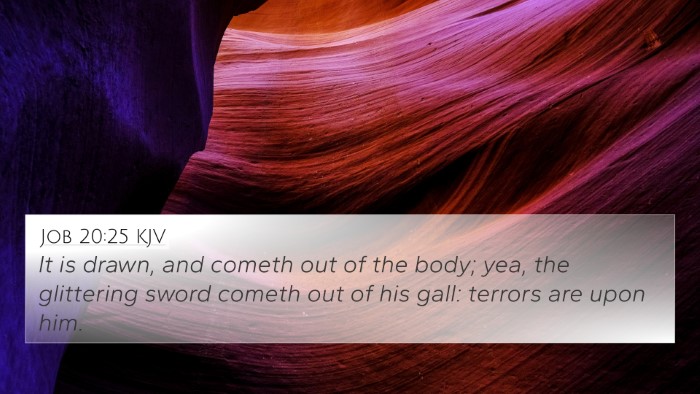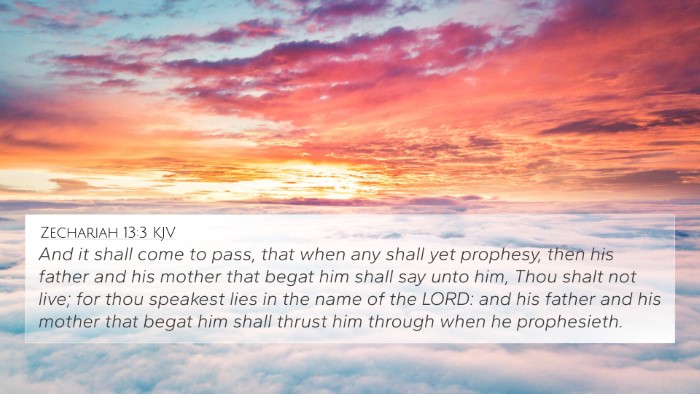Understanding Judges 3:21
Verse: Judges 3:21 - "And Ehud said, I have a message from God unto thee. And he arose out of his seat."
This verse captures a pivotal moment in the Book of Judges, where Ehud, a judge of Israel, approaches King Eglon of Moab with a divine message. The narrative reflects themes of divine intervention, courage, and the fulfillment of God’s purpose through unexpected means.
Meaning and Interpretation
Commentaries, such as those by Matthew Henry, Albert Barnes, and Adam Clarke, provide a deeper understanding of this verse.
- Matthew Henry: He emphasizes Ehud's role as a deliverer, highlighting the providence of God in delivering Israel from Moabite oppression. The phrase "I have a message from God" suggests a serious and significant communication, which is a common theme among Biblical prophets.
- Albert Barnes: Barnes focuses on the importance of the message, indicating that it was not merely a political communication but one of divine significance, setting the stage for the liberation of Israel. He also notes Ehud's cleverness and the geography of the region, making the account plausible and relatable.
- Adam Clarke: Clarke elaborates on the character of Ehud, describing him as someone who exhibited both physical courage and spiritual authority. This duality is crucial as it underlines how God equips His servants in times of distress.
Thematic Connections
Judges 3:21 serves as a crucial link in the narrative of Israel's cyclical sin, oppression, and deliverance.
- Deliverance as a Theme: The deliverance from bondage is common throughout scripture, seen in narratives such as Exodus 3:10 and Isaiah 41:10.
- Divine Guidance: The theme of God directing actions through messengers (prophets) can be cross-referenced with texts like Jeremiah 1:7 and Ezekiel 3:4.
Bible Verse Cross-References
Below are relevant cross-references that support and enhance the study of Judges 3:21:
- Exodus 3:10: God's call to Moses to deliver Israel from Egypt.
- 1 Samuel 16:1-13: God’s anointing of David through Samuel.
- Isaiah 6:8: The willingness to respond to God's call, “Here am I, send me.”
- Acts 9:15: God's selection of Paul as a chosen vessel.
- Hebrews 11:32-33: Reflections on the faith of the judges, including Ehud.
- Luke 4:18: The Spirit of the Lord anointing for proclaiming freedom, relating to God's purpose.
- Romans 8:31: The assurance of God’s support in delivering His people.
Applications and Insights
From this verse, believers can draw encouragement in their own lives regarding the power of God to overcome obstacles and deliver them from oppression, whether physical or spiritual.
- Courage in Obedience: Like Ehud, responding to God's call requires courage and the willingness to act.
- Recognizing God's Messages: The importance of discernment in identifying and responding to God's divine messages in our lives.
- Historical Context: Understanding the historical oppression of Israel helps contextualize God's deliverance.
Inter-Biblical Dialogue
The story of Ehud invites readers to reflect on how instances of divine intervention occur throughout the Bible. It presents a pattern where God raises up leaders to fulfill His purposes.
- Connections Between Old and New Testaments: The motif of God raising deliverers continues in the New Testament through Christ, whose mission aligns with the liberative theme found in Judges.
- Understanding God's Sovereignty: Judges demonstrate the sovereignty of God in orchestrating events and empowering individuals for His divine purposes.
Conclusion
Judges 3:21 serves as a reminder of God’s active role in guiding His people through chosen instruments of His will. The insights gathered from various commentaries illuminate the passage, encouraging deeper reflection on God’s deliverance.







